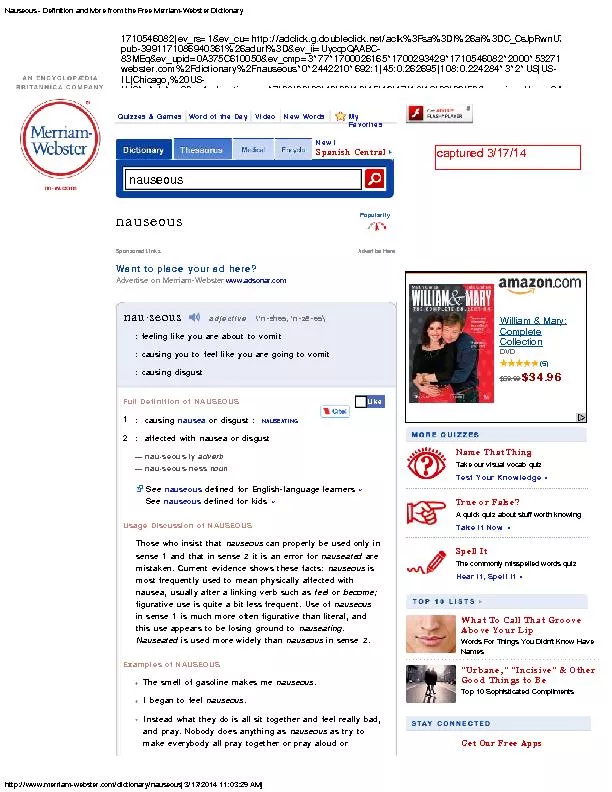PDF-(BOOS)-A Dictionary of Astronomy (Oxford Paperback Reference) (Oxford Quick Reference)
Author : PatriciaBass | Published Date : 2022-09-07
The revised second edition of this established dictionary contains over 4300 uptodate entries on all aspects of astronomy Compiled with the help of thirtyfour expert
Presentation Embed Code
Download Presentation
Download Presentation The PPT/PDF document "(BOOS)-A Dictionary of Astronomy (Oxford..." is the property of its rightful owner. Permission is granted to download and print the materials on this website for personal, non-commercial use only, and to display it on your personal computer provided you do not modify the materials and that you retain all copyright notices contained in the materials. By downloading content from our website, you accept the terms of this agreement.
(BOOS)-A Dictionary of Astronomy (Oxford Paperback Reference) (Oxford Quick Reference): Transcript
Download Rules Of Document
"(BOOS)-A Dictionary of Astronomy (Oxford Paperback Reference) (Oxford Quick Reference)"The content belongs to its owner. You may download and print it for personal use, without modification, and keep all copyright notices. By downloading, you agree to these terms.
Related Documents














![(DOWNLOAD)-Word 2002 For Dummies Quick Reference by Weverka, Peter [For Dummies, 2001]](https://thumbs.docslides.com/996541/download-word-2002-for-dummies-quick-reference-by-weverka-peter-for-dummies-2001-paperback-paperback.jpg)